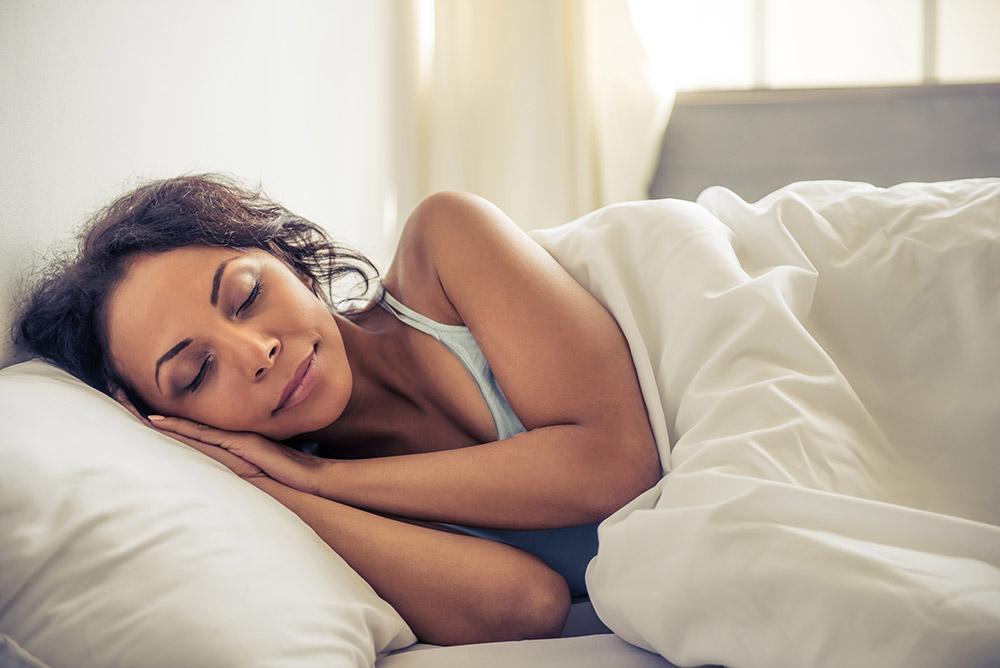Anemia is a condition or a blood disorder in which the blood does not have enough healthy red blood cells. It is the reduction in the number of red blood cells circulating the body. The shortage of these red blood cells leads to a reduced rate of oxygen flow through the body and in different organs in the body.
These red blood cells (RBCs) are very important for person’s survival. They move hemoglobin, a complex protein that is attached to iron molecules, from the lungs to the rest of the body. These iron molecules contain oxygen which is transported throughout the body for the body to function properly.
Anemia is usually a result of underlying illnesses or health issues that interfere with the body's ability to produce healthy red blood cells. Another way underlying illnesses cause anemia is the increased rate of the breakdown or loss of these red blood cells.
Anemia can be treated depending on the type or form. If you have mild and moderate anemia, you may experience few to no symptoms. Symptoms associated with mild anemia are;
- Breathlessness
- Pain - could be in the chest, stomach, or bone
- Pale or yellowing skin
- Lightheadedness
- Fast or irregular heartbeat
- Tiredness or fatigue
- Restless leg syndrome.
Now, what is the connection between anemia and insomnia? Insomnia, which is the inability to sleep well, is not necessarily caused by anemia but if you have severe anemia, you are very likely to experience insomnia symptoms.
What is Iron Deficiency Anemia?
Iron deficiency is the lack of sufficient iron in the body and this often results in iron deficiency anemia, a case of very few healthy red blood cells present in the body. Iron deficiency anemia is not a direct cause of insomnia. People experiencing sleep disorders due to iron deficiency anemia are majorly reacting to some of the symptoms of this anemia.
Symptoms of Iron Deficiency Anemia
The symptoms may include fatigue, Restless leg syndrome, palpitations, shortness of breath, brittle nails, pale skin, cold hands and cold feet, dizziness, weird cravings for things that are not food like chalk, or clay and loss of hair. Let's discuss them in detail.
Fatigue
This is a state of being overly tired. This happens in iron-deficient anemic patients when the body is too tired from struggling to transport oxygenated blood around the body. Let's not forget that the reason for this struggle is due to reduced red blood cells in the body and so the heart is doing overtime, trying to pump enough blood to make the body function as it should. After this tiresome process, your body is too tired to fall asleep, causing you to experience sleep problems because sleeping requires certain processes that the body Is too exhausted to carry out.
Restless Leg Syndrome(RLS)
This Is when you have the compulsive or uncontrollable urge to move your legs. This is a symptom of iron deficiency anemia and this symptom can contribute to your lack of sleep when you get the urge at night or at nap time.
Palpitation
This occurs when your heartbeat is regular or faster than usual. It occurs when there is a reduced amount of red blood cells in the blood due to the lack of iron in the body. These red blood cells as said earlier help to transport oxygen around the body and when this doesn't happen, the heart works extra hard. This usually results in palpitation, which would disturb your sleep because it opposes the calmness of your body when you sleep.
Shortness of breath
Due to the reduced red blood cells in your body, your body cannot get enough oxygen and so you easily run out of breath. This can disturb your sleep and the amount of sleep you get when you wake up several times at night to take in a deep breath.
Weird Cravings
When you eat things that aren't real food such as chalk or clay, your body cannot draw nutrients to function from them and then you lose sleep. Let's not forget that a healthy diet contributes to a healthy sleep pattern.
How to treat Insomnia Caused by Iron Deficiency anemia
You can treat Insomnia caused by iron deficiency anemia by observing the following rules:
- Eat iron-rich foods such as red meats, greens, fruits, and also legumes
- Avoid caffeine: Caffeine contains polyphenols which when consumed in a large amount can disturb the absorption of iron.
- Take iron supplements
- Take foods and fruits rich in vitamin C as it aids iron absorption
Some iron-rich foods that can cure iron deficiency anemia and also help you sleep well
-
Dark leafy greens
These are nutrient-filled vegetables that contain a lot of vitamins and minerals such as iron. They are also rich in chlorophyll. Examples of these vegetables are lettuce, spinach, kale, collard, etc.
-
Nuts and seeds
They are good sources of nonheme iron, protein, healthy fats, vitamins, and minerals.
-
Legumes
Beans, lentils, and peas are examples of legumes that are rich in iron. They also contain proteins, vitamins, fiber, and plant compounds that would help to prevent certain diseases.
-
Grass-fed meats
Red meats are red because of the high iron content in them. The grass-fed meats are high in iron because the grass they feed on is also high in iron.
Consuming these iron-rich foods would help you sleep better by curing iron deficiency anemia which in turn eliminates the symptoms that cause insomnia. This is like taking one medication to cure two different illnesses. If you don't eat red meat, you should eat more of the other offered options to make sure your iron levels are not low. If you do not notice any improvement in your sleeping condition, you should see your doctor.






















